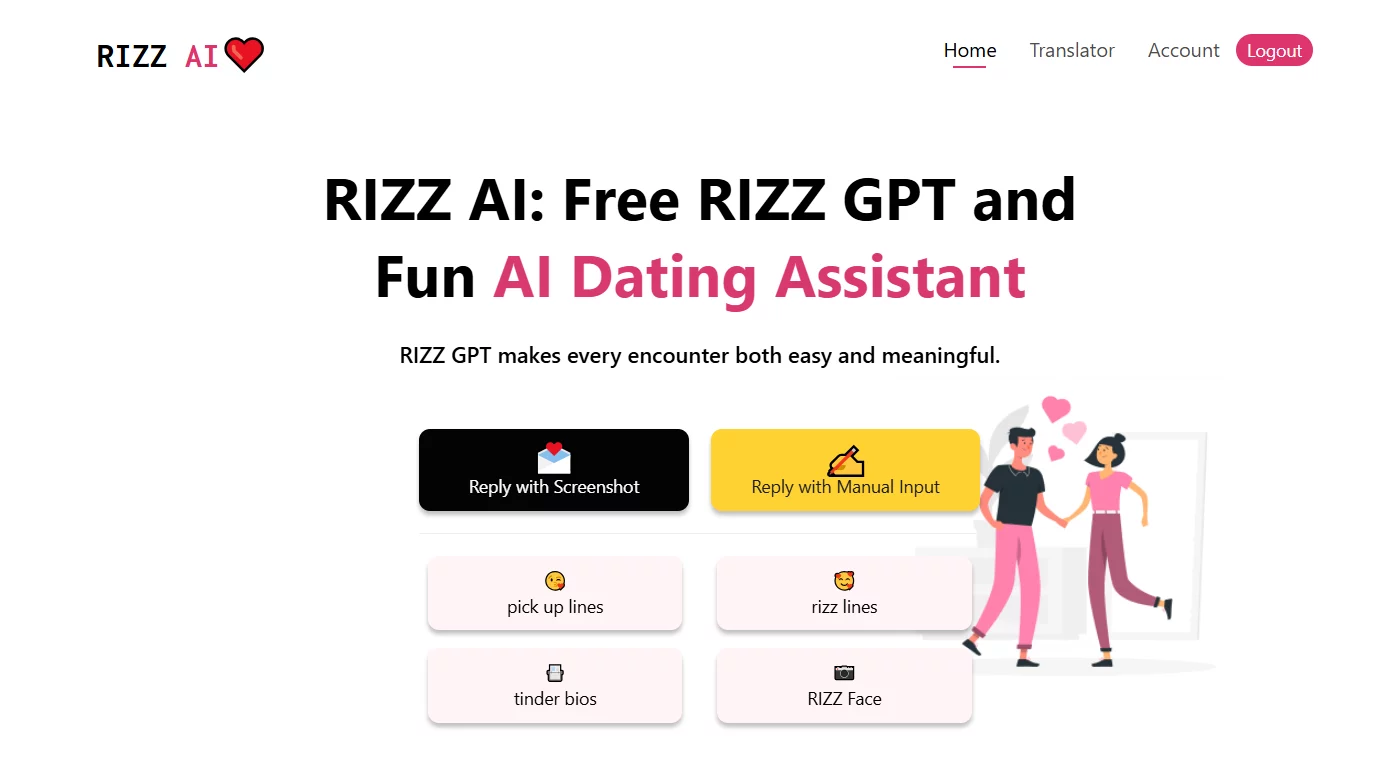Recently, as Microsoft celebrated its 50th anniversary, it rolled out a significant update to its Azure Foundry service. This enhancement aims to offer developers a smoother experience in building AI applications. The update not only improves current features but also introduces new tools designed to speed up the development and deployment of AI solutions.
Azure Foundry, one of Microsoft's cloud services, now includes more pre-packaged AI models after this upgrade. Developers can kickstart AI projects without the need to train custom algorithms from scratch. Moreover, the service provides various development tools that further reduce the time required for application building.
A key highlight of this update is the new AI Red Teaming Agent, currently in public preview. This tool automatically tests the security of AI applications and identifies potential risks. It is based on Microsoft’s open-source framework, PyRIT, which simulates a wide range of malicious inputs to evaluate the safety of AI outputs. When vulnerabilities are detected, the AI Red Teaming Agent generates reports detailing attack vectors and risk categories, assisting developers in determining if their systems are ready for deployment.
In addition to the AI Red Teaming Agent, Microsoft has introduced several new "agent evaluation" tools aimed at assessing the risks and output quality of AI models. These tools provide developers with a comprehensive approach to risk assessment, improving the reliability and security of AI applications.
For developers using the Visual Studio Code editor, Microsoft offers a dedicated Azure Foundry extension. This plugin allows users to deploy AI models directly to the cloud without leaving the editor, significantly boosting productivity. Additionally, a component enabling easy integration of multiple AI agents into a single application is now fully available within Azure Foundry.
Microsoft has stated that marking APIs as generally available reflects the company’s confidence in their quality for AI application development. Microsoft commits to ongoing support and maintenance of these APIs, ensuring their long-term stability and usability.








